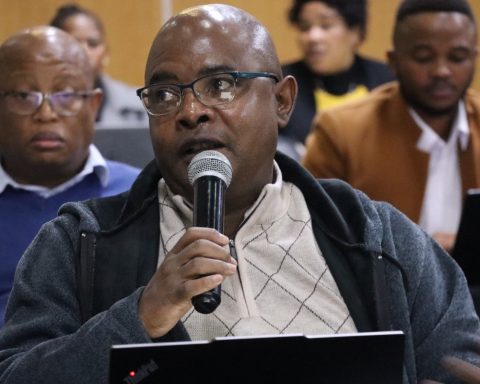UFS registration protests intensified this week, compelling the University of the Free State to halt lectures and shut its QwaQwa campus. Moreover, university management directed residence students to exit within 24 hours following arson attacks that torched buildings, smashed windows, and blocked roads. In addition, multiple security officers suffered injuries, with three needing hospital care, according to UFS spokesperson Lacea Loader. Soon after, officials started evaluating damage and bolstered security measures. Together, these events highlight the intensity of the ongoing registration protests.
Unrest Sparks from Policy Shift
The conflict stems from plans to end provisional registration, which previously let students sign up despite unpaid fees. Starting in 2026, only those with confirmed funding or paid fees can register, per university policy. Consequently, UFS leaders say this curbs escalating debt nearing a billion rand over five years and ensures early-year stability. However, amid these UFS registration protests, student representatives contend it bars poor and working-class youth, transforming financial hurdles into education roadblocks.
Safety Steps Span All Campuses
After arson and vandalism struck on 13 October, the suspension of academic activities extended to the Bloemfontein, South, and QwaQwa sites. Subsequently, authorities curbed movement on Bloemfontein and South campuses amid risk checks. In turn, these actions—partly driven by the registration protests at UFS—aimed to steady daily functions, safeguard people, and curb further harm as discussions progressed.
Agreement Phases Out Old System
On 15 October, student leaders and executives forged a pact to gradually eliminate provisional registration across 2026 and 2027. As a result, the compromise merges access goals with fiscal health, while offering adjustment periods. Furthermore, NSFAS-backed students keep registration rights, and those with debts under R30,000 gain enrolment paths if they meet payment terms by 30 May 2026. Ultimately, the continuous pressure from UFS registration protests significantly influenced this agreement.
Impact on Future Learners
Now, focus turns to rollout. Because UFS registration protests spurred swift talks, the plan delivers a smooth transition rather than abrupt cuts. Ultimately, success hinges on whether it trims debt yet retains qualified students. Therefore, clear details on rules, timelines, and aid will help rebuild calm and sustain studies.





